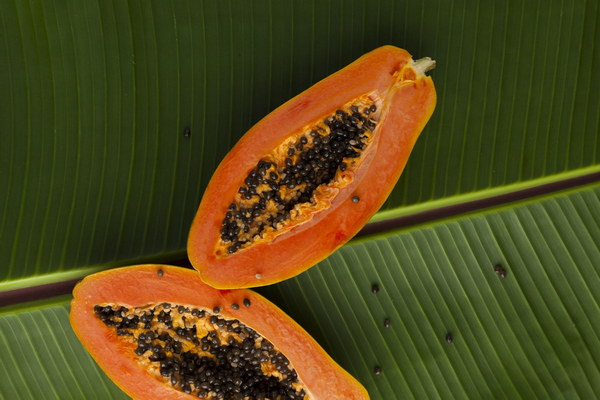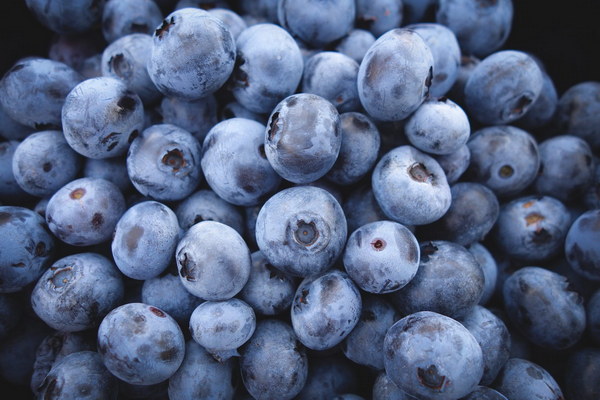Does White Tea Really Have Beauty and Anti-Aging Benefits
Introduction:

In recent years, white tea has gained significant popularity for its numerous health benefits. Many people wonder if white tea can truly contribute to beauty and anti-aging. In this article, we will explore the scientific evidence behind these claims and provide insights into the potential beauty benefits of white tea.
1. What is White Tea?
White tea is a type of tea that is made from the youngest tea leaves and buds, which are harvested before the leaves fully open. It is known for its delicate flavor and light color, often resembling a pale yellow or white hue. Due to its minimal processing, white tea retains a high concentration of antioxidants and other beneficial compounds.
2. Antioxidants and Free Radicals
One of the main reasons white tea is believed to have beauty and anti-aging benefits is its high content of antioxidants. Antioxidants are substances that protect cells from damage caused by free radicals, which are unstable molecules that can cause oxidative stress and lead to aging and various diseases.
White tea is rich in polyphenols, particularly flavonoids, which have been shown to possess strong antioxidant properties. These compounds can neutralize free radicals and protect the skin from environmental damage, such as UV radiation and pollution. By doing so, white tea may help reduce the appearance of fine lines, wrinkles, and other signs of aging.
3. Skin Health
The polyphenols in white tea have been found to have a positive impact on skin health. Studies have shown that white tea can help reduce inflammation, which is a key factor in acne and other skin conditions. Additionally, the antioxidants in white tea may help protect the skin's natural barrier, keeping it hydrated and supple.
Moreover, white tea has been shown to have anti-inflammatory properties that can help reduce redness and irritation. This makes it an excellent choice for individuals with sensitive or acne-prone skin.
4. Collagen Production
Collagen is a protein that provides structure and elasticity to the skin. As we age, collagen production naturally decreases, leading to sagging and wrinkles. White tea may help stimulate collagen production, thereby reducing the signs of aging.
Research suggests that the polyphenols in white tea can inhibit the activity of matrix metalloproteinases (MMPs), enzymes that break down collagen. By doing so, white tea may help maintain the skin's youthful appearance.
5. Hydration
Staying hydrated is crucial for maintaining healthy skin. White tea can help in this aspect as well. The polyphenols in white tea have been found to have diuretic properties, which can promote hydration and aid in the elimination of toxins from the body. This, in turn, can improve skin elasticity and reduce the appearance of fine lines and wrinkles.
6. Weight Loss
Excess weight can contribute to the aging process and may exacerbate the appearance of fine lines and wrinkles. White tea contains compounds that can help with weight loss, such as caffeine and amino acids. By aiding in weight management, white tea can indirectly contribute to anti-aging benefits.
Conclusion:
While more research is needed to fully understand the extent of white tea's beauty and anti-aging benefits, the existing evidence suggests that it may be an excellent addition to a healthy lifestyle. With its high antioxidant content and potential to improve skin health, white tea can be a valuable tool in the fight against aging. Incorporating white tea into your daily routine, either as a beverage or in skincare products, may help you achieve a more youthful appearance.









